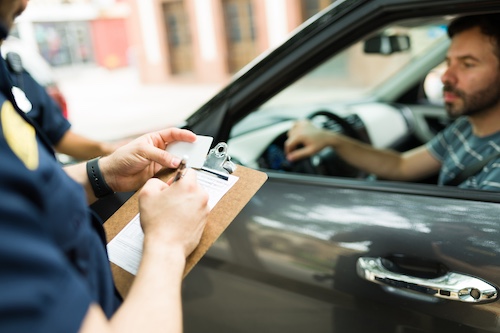Driving is a daily necessity for many people, but it comes with inherent risks, especially when weather conditions are less than ideal. Weather plays a significant role in car accidents, contributing to hazardous road conditions and impairing driver visibility and vehicle control. Understanding how weather affects driving and taking appropriate precautions can significantly reduce the risk of accidents. This article explores the impact of various weather conditions on driving safety and offers practical tips to stay safe on the road.
The Impact of Weather on Driving Conditions
Rain
Rain is one of the most common weather conditions that adversely affect driving. Wet roads reduce tire traction, increasing the likelihood of skidding and hydroplaning. Additionally, rain can impair visibility, making it difficult to see other vehicles, road signs, and pedestrians. During heavy downpours, the risk of accidents spikes due to poor visibility and water accumulation on roads, which can create dangerous driving conditions even for experienced drivers.
Snow and Ice
Snow and ice present some of the most dangerous driving conditions. These elements drastically reduce tire traction, making it challenging to control the vehicle, especially when braking or turning. Black ice, a thin layer of ice on the road that is difficult to see, is particularly hazardous as it can cause sudden and unexpected loss of control. Even a light dusting of snow can create slippery conditions, leading to an increased risk of collisions.
Fog
Fog significantly reduces visibility, making it difficult for drivers to see the road ahead and react to sudden changes. This can lead to rear-end collisions and accidents caused by sudden stops or turns. Dense fog can be especially dangerous on highways where high speeds are common, as drivers may not have enough time to react to obstacles or slow-moving vehicles. Additionally, fog can create a sense of disorientation, making it harder to judge distances accurately.
Wind
Strong winds can affect vehicle stability, especially for larger vehicles like trucks and buses. Wind can push vehicles off course, making it difficult to maintain control. Debris carried by wind can also pose a hazard, potentially striking vehicles or obstructing the roadway. In extreme cases, wind gusts can lead to rollovers or cause drivers to veer into adjacent lanes, increasing the risk of accidents on multi-lane roads.
Tips for Staying Safe on the Road
Prepare Your Vehicle
Ensuring your vehicle is well-maintained is crucial for safe driving in adverse weather. Regularly check tire tread and pressure, as well as the condition of your brakes. Make sure your windshield wipers are in good condition and that your defroster and headlights are functioning properly. Winterize your vehicle with appropriate tires and antifreeze solutions to handle snow and ice more effectively.
Adjust Your Driving Habits
When driving in poor weather, adjust your driving habits to accommodate the conditions. This includes reducing your speed to account for decreased traction and increased stopping distances. Maintain a greater following distance from the vehicle in front of you to allow more time to react to sudden stops or changes in traffic. Avoid using cruise control on wet or icy roads to maintain better control of your vehicle.
Use Headlights and Signals
Always use your headlights in rain, snow, fog, and other low-visibility conditions to improve your visibility and help other drivers see you. Use your turn signals well in advance to alert other drivers of your intentions, especially in foggy conditions where visibility is significantly reduced. Proper use of headlights and signals can prevent collisions and ensure safer driving.
Avoid Sudden Movements
Sudden movements, such as sharp turns or sudden braking, can cause loss of control, especially on slippery surfaces. Make smooth and gradual movements to maintain control of your vehicle. In snowy or icy conditions, avoid using cruise control as it can cause your vehicle to accelerate unexpectedly on slippery roads. Gentle acceleration and deceleration are key to maintaining control.
Stay Informed
Before heading out, check the weather forecast and current road conditions. If severe weather is expected, consider delaying your trip or finding an alternative route. Stay informed about potential hazards and be prepared to adjust your plans accordingly. Listening to weather updates and traffic reports can help you make informed decisions and stay safe on the road.
Know How to React
In case of emergencies, knowing how to react can prevent accidents. If you start to skid, steer in the direction you want to go and avoid braking suddenly. If you encounter fog, reduce your speed, turn on your low-beam headlights, and use road markings to guide you. For high winds, keep a firm grip on the steering wheel and be prepared for gusts that can push your vehicle off course. Practicing these responses can make a significant difference in maintaining control during adverse weather conditions.
Conclusion
Weather conditions play a significant role in car accidents, but by understanding the risks and taking appropriate precautions, drivers can significantly enhance their safety on the road. Regular vehicle maintenance, adjusting driving habits, using headlights and signals, avoiding sudden movements, staying informed, and knowing how to react in emergencies are all essential strategies for driving safely in adverse weather conditions. Stay vigilant, stay prepared, and prioritize safety to navigate the roads safely, regardless of the weather.







